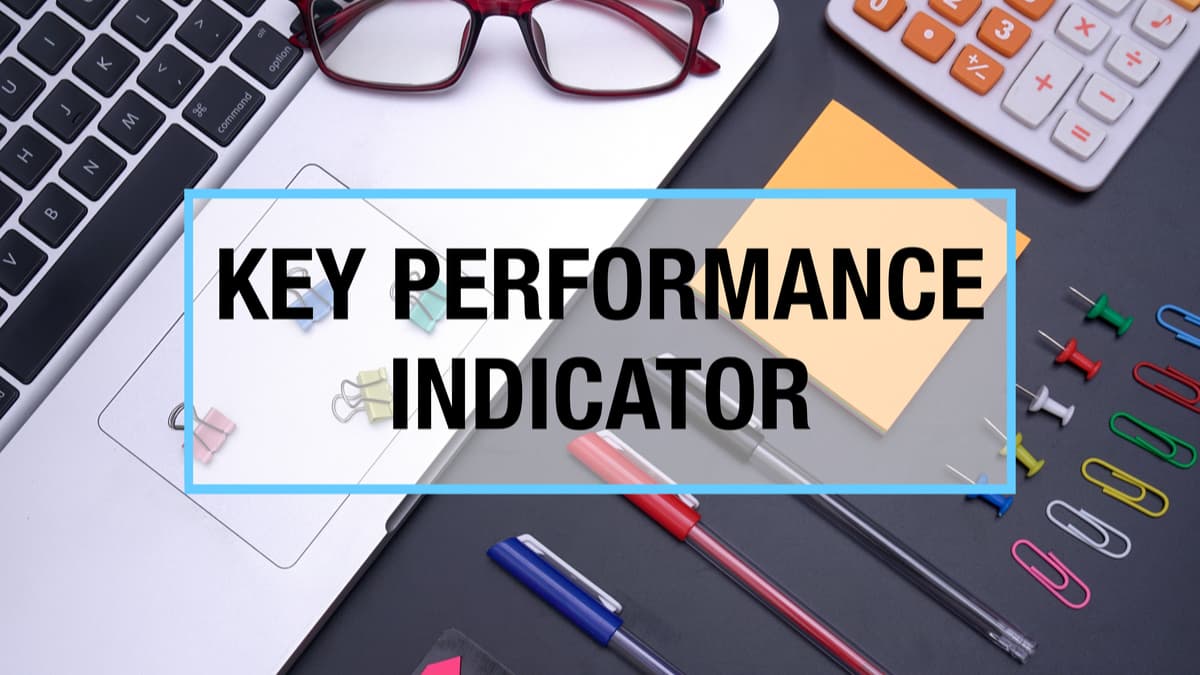Since SEO is considered a cornerstone of digital marketing, SEO KPIs (key performance indicators) should be always treated as a priority.
Too often, we fail to track our progress, but how else can we prove that the implemented SEO practices are successful and have tangible results?
You may invest all your resources in your digital marketing strategy, but if you are not tracking SEO KPIs, then you are doing something wrong.
After all, SEO is not some type of sorcery and its results are not abstract. By setting and assessing KPIs, you will be able to measure and evaluate your SEO strategy’s effectiveness.
So, are you ready to discover which are the most important SEO KPIs to track? Then, keep reading!
What Are SEO KPIs?
As objective meters, SEO key performance indicators are valuable as they offer insight into the effectiveness and success of SEO strategies, campaigns, and more. Measuring KPIs may mean putting in extra effort, but it is fundamental for a thriving content marketing strategy.
Digital marketing, as well as SEO, is a never-ending job and there will always be ways to enhance your strategy.
Having said that, the saying “if you can’t measure it, you can’t improve it” truly exemplifies the importance of tracking the right SEO metrics. So, once you start monitoring key performance indicators, identifying improvement opportunities in your digital marketing activity becomes easier.
Besides, setting SMART goals is the basis of any successful strategy. However, this step won’t be effective if you just set the goals and then forget about them forever.
So, what better way to keep yourself accountable and achieve those goals than by tracking the right metrics and assessing the SEO performance?
9 SEO KPIs To Track
The sooner you start monitoring the right SEO KPIs, the faster you realize where you should be investing your resources.
Nonetheless, choosing which SEO KPIs to track can sometimes get overwhelming, so we’ve put together a list of the top 9 important SEO KPIs to track!
1. Organic Impressions
An impression is counted every time your website shows up in someone’s search results, even if the user doesn’t end up clicking on the result.
While this key performance indicator may not tell you anything about user behavior on your website, it is helpful when it comes to measuring the effectiveness of your keywords.
From comparing impressions between branded and unbranded keywords to measuring the number of impressions you get for a group of keywords, this metric will help you gain insight into your website’s visibility.
You can track them by using Google Search Console.
2. Organic Sessions
Think about it, SEO is all about improving a website’s search engine ranking organically and increasing traffic, so, naturally, growth in organic sessions shows that your SEO strategy is successful.
Having said that, organic traffic or organic sessions indicate how many visitors arrive on your website from organic search results.
Still, while organic sessions may be the go-to metric when it comes to tracking SEO, they are truly useful only when used in combination with other KPIs.
Measuring organic sessions is possible through both Google Search Console and Google Analytics.
3. Conversions
While the utmost priority of SEO is attracting organic traffic, it is also necessary to track what happens after users land on your website. Conversions happen when users perform desired actions on your website. From filling out forms to signing up for email newsletters or making a purchase, desired actions are varied.
Still, it’s important to know which desired actions are suitable for your website and to set a conversion benchmark before you start tracking the process. Conversion benchmarks as well as the preferred desired actions will vary from business to business.
However, the importance of tracking conversions remains consistent.
You can track conversions using Google Analytics, and if you are eager to optimize your conversion rate, check out our article on conversion rate optimization!
4. Bounce Rate
What better way to find out if your content answers search intent and is engaging than by tracking the bounce rate?
Having a high bounce rate usually indicates that the visitors did not find your website relevant for their search query, hence they weren’t interested in exploring your website and left without clicking on anything else.
While there is no such thing as a 0% bounce rate, a bounce rate between 26 and 40% is generally considered excellent.
No matter how good your digital marketing strategy is or how user-friendly your website may be, there will always be room for improvement, so it is crucial to track how your site and pages’ bounce rate changes over time. You can do this thanks to Google Analytics.
Find out more about how you can reduce the bounce rate by reading our article on user engagement metrics.
5. Keyword Rankings
Search rankings are directly linked to search engine optimization, so it’s no surprise that tracking keyword rankings is important for proving the success of an SEO strategy.
In fact, your website ranking high in search engines for high-volume keywords is only the beginning. After all, this is then followed by increased traffic and, consequently, increased conversions.
While it’s essential to focus on keywords with a high search volume, don’t also forget to monitor long-tail ones that are related to your services or your location. Use Google Search Console to track keyword rankings.
6. Backlinks
Since Google’s top priority is delivering insightful and informative content, backlinks are a key ranking factor as they can boost a website’s domain authority.
As we’ve outlined in our article on backlinks, they are “votes of confidence” from other thought leaders in your niche.
However, not all links are valuable, as gaining low-quality links will only hurt a website’s domain authority and ranking in search engines.
7. Organic CTR
Click-through rate (CTR) is the ratio of users who click on your link to the total of users who viewed your link. So, a high CTR means high traffic.
Having said that, organic CTR is also a search engine ranking signal as it can indicate if your website meets users’ expectations. For example, if your search snippets or title tags are not compelling enough, users won’t click on your link even if you are ranking high on the search results page.
8. Average Time on Page
The more time users spend on your website, the more engaging they find your content. Besides, engaged users are more likely to perform desired actions and convert.
You can monitor the time that users spend on your page with Google Analytics. Since you can track this metric on a page-level basis, it will be easier to know which pages you need to tweak and improve.
9. ROI
Return on Investment (ROI) is an important indicator for almost any business. In fact, what more straightforward way to track SEO progress than by comparing the money you are investing in SEO with the returned revenue?
Keep in mind, however, that it can take time to see SEO ROI.
Start Tracking SEO KPIs and You’ll Soon Reap The Benefits!
Are you eager to find out if all the hard work you’ve been putting into your SEO strategy is bringing results? How can you tell if you are not tracking KPIs?
Tired of guessing whether your SEO efforts are working or not? Then an interactive digital marketing agency like CadenceSEO may be just the answer you have been searching for!
The team at CadenceSEO is here to help you take your SEO activity to the next level! What are you waiting for? Book a free consultation with us today.






